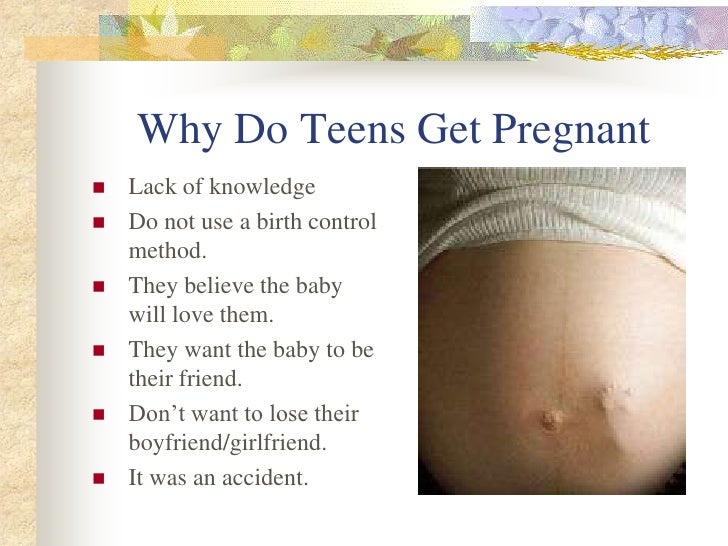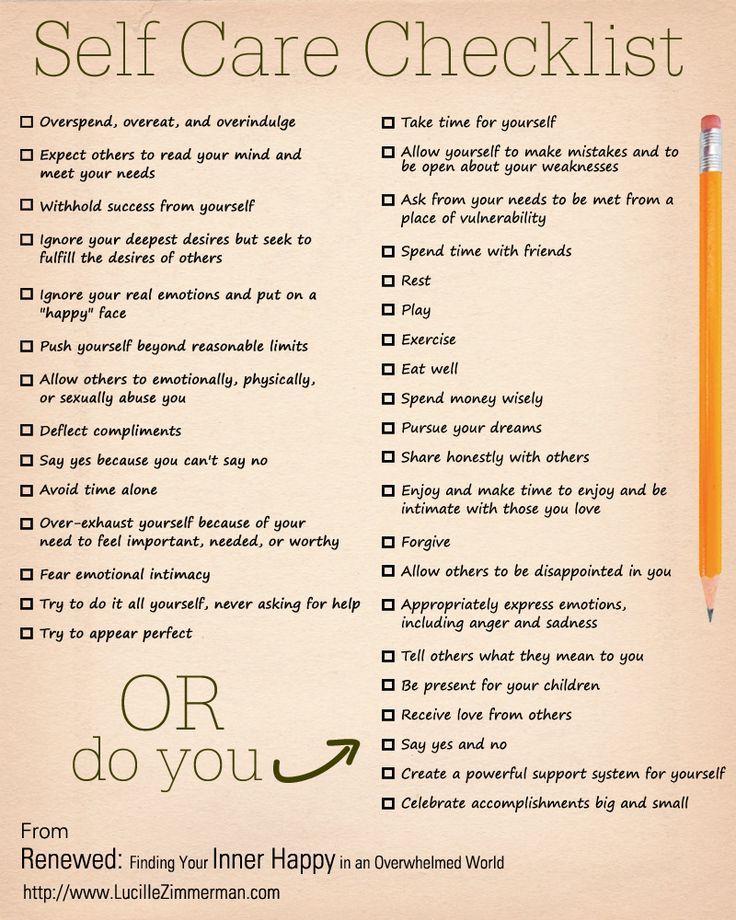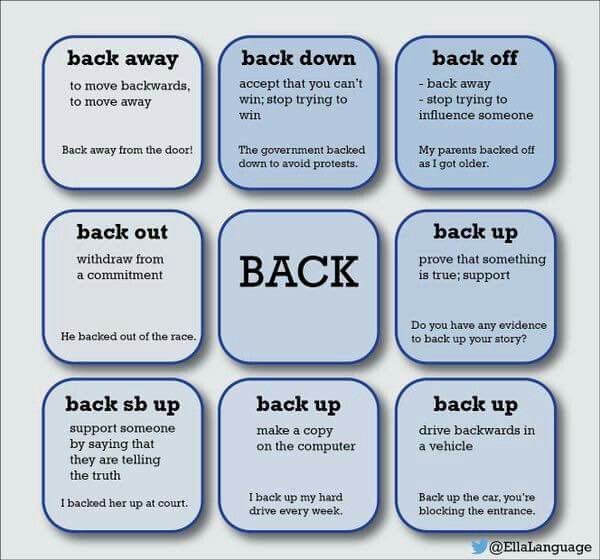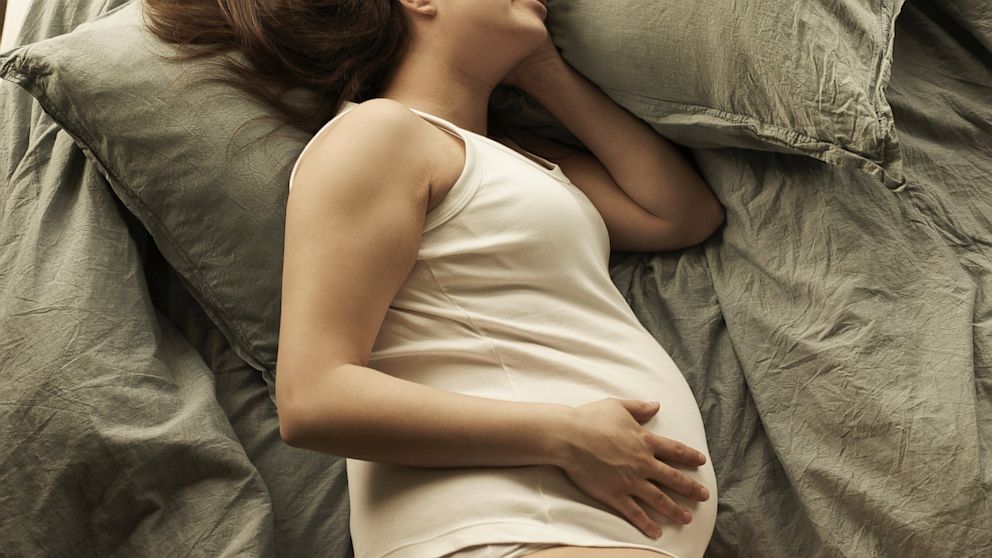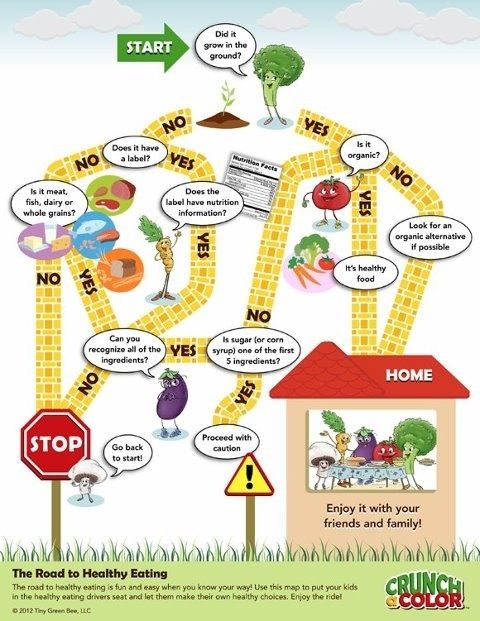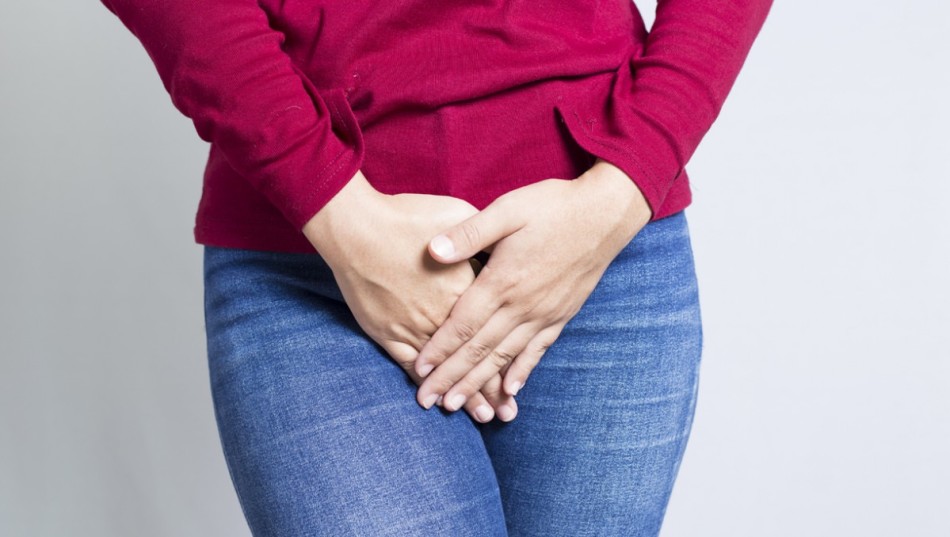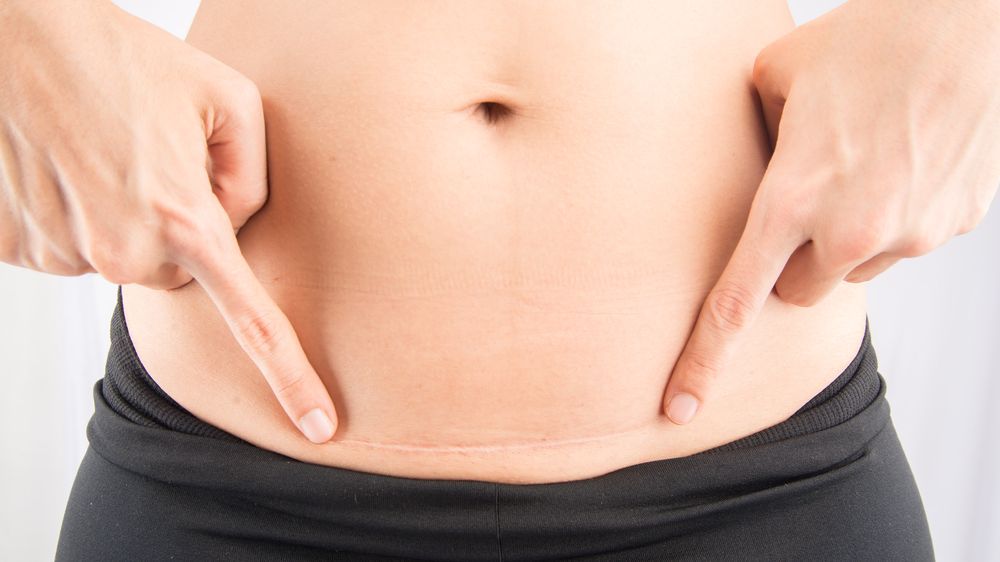When do you get heartburn pregnancy
Indigestion and heartburn in pregnancy
Indigestion, also called heartburn or acid reflux, is common in pregnancy. It can be caused by hormonal changes and the growing baby pressing against your stomach.
You can help ease indigestion and heartburn by making changes to your diet and lifestyle, and there are medicines that are safe to take in pregnancy.
Symptoms of indigestion and heartburn
Symptoms of indigestion and heartburn include:
- a burning sensation or pain in the chest
- feeling full, heavy or bloated
- burping or belching
- feeling or being sick
- bringing up food
Symptoms usually come on soon after eating or drinking, but there can sometimes be a delay between eating and developing indigestion.
You can get symptoms at any point during your pregnancy, but they are more common from 27 weeks onwards.
Things you can do to help with indigestion and heartburn
Changes to your diet and lifestyle may be enough to control your symptoms, particularly if they are mild.
Eat healthily
You're more likely to get indigestion if you're very full.
If you're pregnant, it may be tempting to eat more than you would normally, but this may not be good for you or your baby.
Find out more about a healthy diet in pregnancy and foods to avoid.
Change your eating and drinking habits
You may be able to control your indigestion with changes to your eating habits.
It can help to eat small meals often, rather than larger meals 3 times a day, and to not eat within 3 hours of going to bed at night.
Cutting down on drinks containing caffeine, and foods that are rich, spicy or fatty, can also ease symptoms.
Keep upright
Sit up straight when you eat. This will take the pressure off your stomach. Propping your head and shoulders up when you go to bed can stop stomach acid coming up while you sleep.
Stop smoking
Smoking when pregnant can cause indigestion, and can seriously affect the health of you and your unborn baby.
When you smoke, the chemicals you inhale can contribute to your indigestion. These chemicals can cause the ring of muscle at the lower end of your gullet to relax, which allows stomach acid to come back up more easily. This is known as acid reflux.
Smoking also increases the risk of:
- your baby being born prematurely (before week 37 of your pregnancy)
- your baby being born with a low birthweight
- sudden infant death syndrome (SIDS), or "cot death"
There's lots of help available to stop smoking. Talk to your midwife or call the NHS Smokefree helpline on 0300 123 1044. Find out more about stopping smoking in pregnancy.
Talk to your midwife or call the NHS Smokefree helpline on 0300 123 1044. Find out more about stopping smoking in pregnancy.
Avoid alcohol
Drinking alcohol can cause indigestion. During pregnancy, it can also lead to long-term harm to the baby. It's safest to not drink alcohol at all in pregnancy.
Find out more about alcohol and pregnancy
When to get medical help
See your midwife or GP if you need help managing your symptoms or if changes to your diet and lifestyle do not work. They may recommend medicine to ease your symptoms.
You should also see your midwife or GP if you have any of the following:
- difficulty eating or keeping food down
- weight loss
- stomach pains
Your midwife or GP may ask about your symptoms and examine you by pressing gently on different areas of your chest and stomach to see whether it's painful.
If you're taking prescription medicines
Speak to your GP if you're taking medicine for another condition, such as antidepressants, and you think it may be making your indigestion worse. They may be able to prescribe an alternative medicine.
Never stop taking a prescribed medicine unless you're advised to do so by your GP or another qualified healthcare professional who's responsible for your care.
Medicines for indigestion and heartburn
Medicines for indigestion and heartburn during pregnancy include:
- antacids – to neutralise the acid in your stomach (some are available over the counter from a pharmacist)
- alginates – to relieve indigestion caused by acid reflux by stopping the acid in your stomach coming back up your gullet
You may only need to take antacids and alginates when you start getting symptoms. However, your GP may recommend taking them before symptoms come on – for example, before a meal or before bed.
However, your GP may recommend taking them before symptoms come on – for example, before a meal or before bed.
If you're taking iron supplements as well as antacids, do not take them at the same time. Antacids can stop iron from being absorbed by your body.
If antacids and alginates do not improve your symptoms, your GP may prescribe a medicine to reduce the amount of acid in your stomach. 2 that are widely used in pregnancy and not known to be harmful to an unborn baby are:
- ranitidine – a tablet you take twice a day
- omeprazole – a tablet you take once a day
Causes of indigestion in pregnancy
Symptoms of indigestion come when the acid in your stomach irritates your stomach lining or your gullet. This causes pain and a burning feeling.
When you're pregnant, you're more likely to have indigestion because of:
- hormonal changes
- the growing baby pressing on your stomach
- the muscles between your stomach and gullet relaxing, allowing stomach acid to come back up
You may be more likely to get indigestion in pregnancy if:
- you had indigestion before you were pregnant
- you've been pregnant before
- you're in the later stages of pregnancy
Video: Eating well on a budget
In this video, a dietitian gives advice on how to eat healthily on a budget.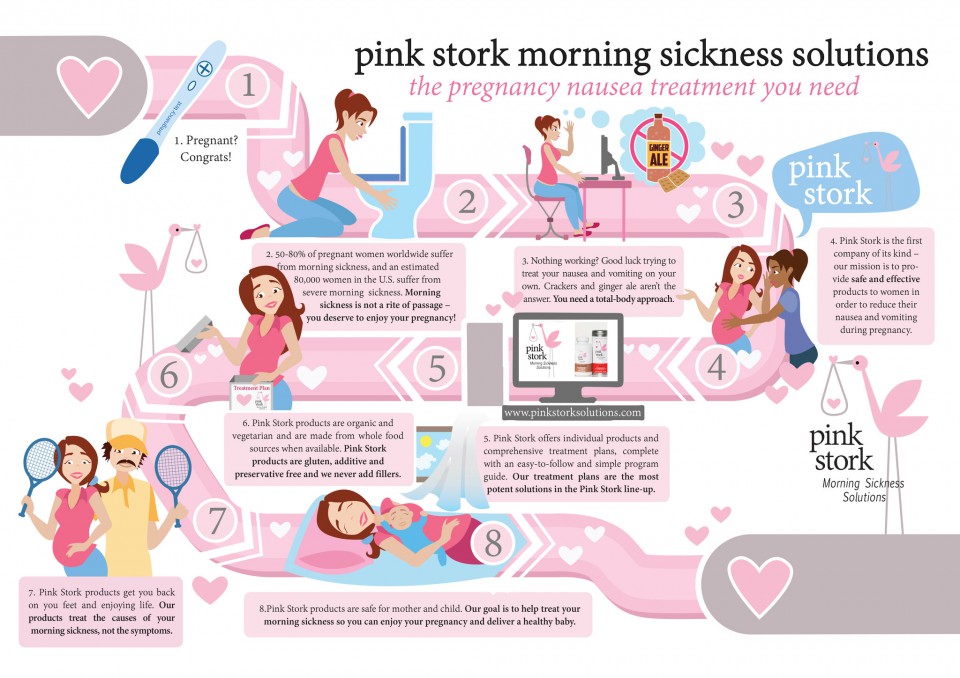
Media last reviewed: 13 January 2021
Media review due: 13 January 2024
Indigestion and heartburn in pregnancy
Indigestion and heartburn in pregnancy | Pregnancy Birth and Baby beginning of content3-minute read
Listen
Many women experience indigestion and heartburn while they are pregnant, which can be painful or uncomfortable. There are ways to help avoid or treat indigestion and heartburn, especially if it is mild. Sometimes the feeling of heartburn can be confused with a more serious condition called pre-eclampsia.
Indigestion, also called 'dyspepsia', is a feeling of pain or discomfort in the stomach (upper abdomen, or, tummy). This mostly occurs after eating or drinking but can happen some time after.
If you have indigestion in the early stage of your pregnancy, this may be caused by changes in your hormone levels. In the second or third trimester, indigestion becomes more common and may be caused by your baby pushing up against your stomach. As many as 8 in 10 women may have indigestion during their pregnancy.
Symptoms of indigestion may include:
- heartburn
- reflux or regurgitation (food coming back up from your stomach)
- burping
- feeling heavy, bloated or full
- feeling sick
- vomiting
Heartburn is a burning pain in the throat or chest, behind the breastbone, caused by stomach acid coming up the oesophagus (the tube that connects your mouth to your stomach) and irritating the lining.
In pregnant women, indigestion and heartburn can be caused by:
- eating a big meal
- eating high-fat foods
- eating chocolate or peppermint
- drinking fruit juice or caffeinated beverages (coffee, tea, cola drinks)
- doing physical activity soon after eating
- bending over
- feeling anxious
It's a good idea to take note of the particular foods, drinks or activities that give you indigestion while you are pregnant.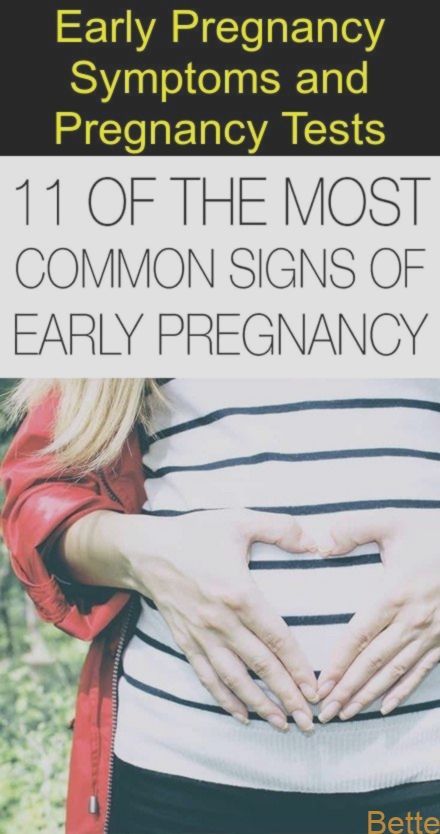
Avoiding indigestion and heartburn
If your symptoms are mild, it's possible that changes to your diet or lifestyle may help prevent indigestion and heartburn. You could try:
- eating smaller meals, more often
- avoiding eating just before bed
- avoiding foods and drinks that you suspect give you heartburn
- not drinking a lot of coffee at the end of the day
- avoiding eating and drinking at the same time, which can make your stomach more full
- sitting up straight while eating, and not lying down after a meal
- chewing gum, which may cause you to produce more saliva to help neutralise the acid
- stop smoking
- raise the head of your bed by 10 to 15cm
- sleep on your left side
If your indigestion is not helped by diet and lifestyle changes, or your symptoms are more severe, your doctor or midwife may suggest that you take a medicine for indigestion that is safe to use during pregnancy. Medicines can neutralise the acid in your stomach, reduce the amount of acid produced by your stomach and stop the acid rising into your oesophagus.
Heartburn symptoms and pre-eclampsia
If your heartburn symptoms don't go away with medicine, it's important to see your doctor as it may be a sign of something more serious, such as pre-eclampsia. A pregnant woman with pre-eclampsia usually has high blood pressure and problems with her kidneys. Pre-eclampsia could also seriously affect a woman's liver, blood and brain. Any pregnant woman can experience pre-eclampsia – almost 1 in 20 Australian women will develop it.
Because pre-eclampsia is dangerous for both you and your baby, you should let your doctor know if your heartburn medicine is not working. This is especially important if you're also feeling very unwell or you have:
- sudden swelling of your hands, feet or face
- a headache that doesn't go away with simple painkillers
- problems with your eyesight such as blurring or seeing flashing lights or dots
- a strong pain below your ribs
Find out more about how pre-eclampsia is treated here.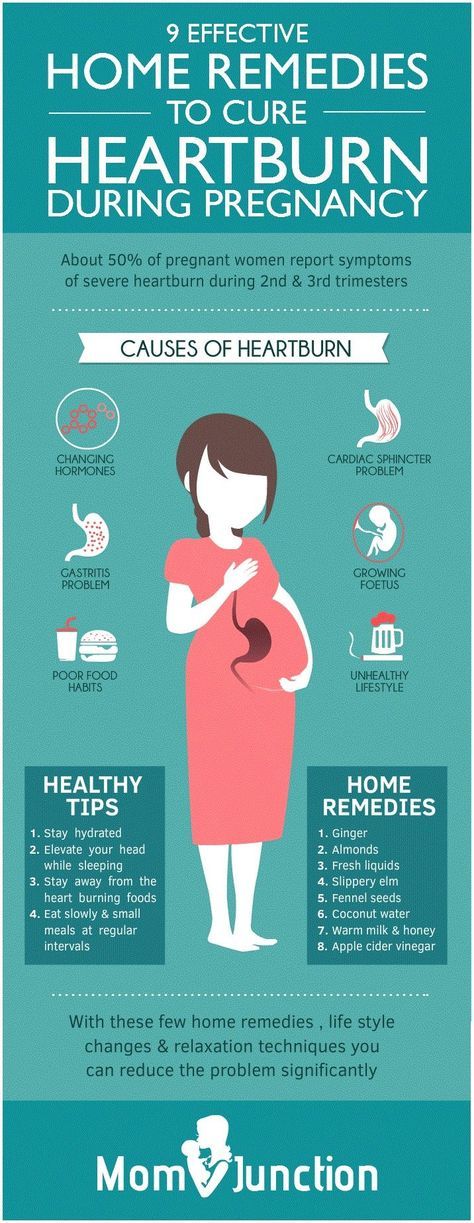
Call Pregnancy, Birth and Baby on 1800 882 436 to speak to a maternal child health nurse.
Sources:
Royal Australian and New Zealand College of Obstetricians and Gynaecologists (Pre-eclampsia and high blood pressure during pregnancy), Gastroenterological Society of Australia (Heartburn - Oesophageal Reflux), Gastroenterological Society of Australia (Heartburn - Reflux), King Edward Memorial Hospital (Minor symptoms or disorders in pregnancy), Raising Children Network (Health problems in pregnancy), Royal Australian and New Zealand College of Obstetricians and Gynaecologists (Antenatal care during pregnancy), Department of Health (Clinical Practice Guidelines: Pregnancy Care), Mater Mothers Hospital (Pregnancy information for women and families)Learn more here about the development and quality assurance of healthdirect content.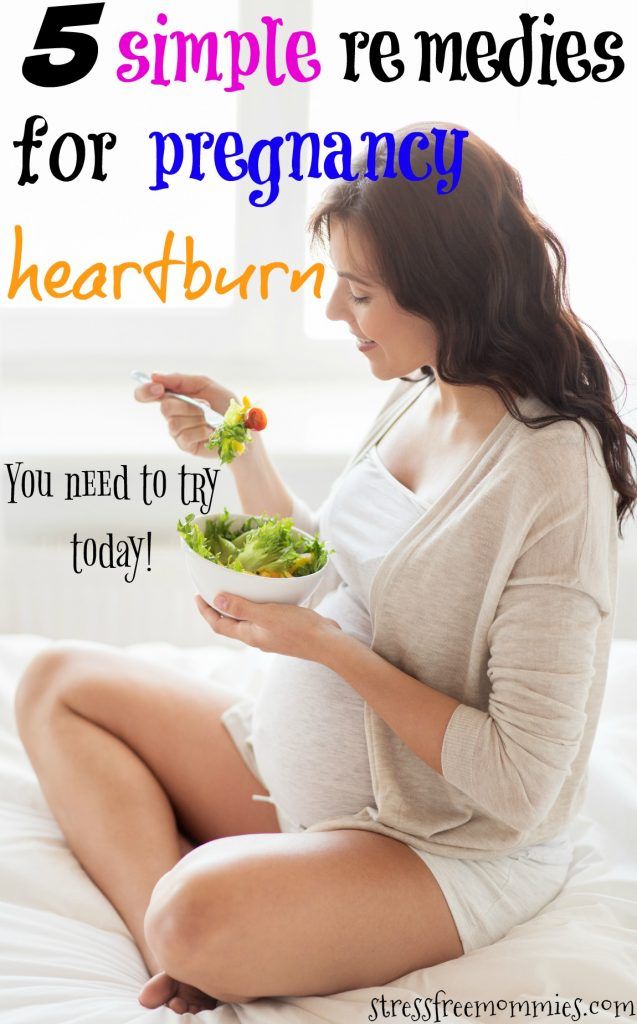
Last reviewed: May 2020
Back To Top
Related pages
- Pre-eclampsia
- Common discomforts during pregnancy
Need further advice or guidance from our maternal child health nurses?
1800 882 436
Video call
- Contact us
- About us
- A-Z topics
- Symptom Checker
- Service Finder
- Linking to us
- Information partners
- Terms of use
- Privacy
Pregnancy, Birth and Baby is funded by the Australian Government and operated by Healthdirect Australia.
Pregnancy, Birth and Baby is provided on behalf of the Department of Health
Pregnancy, Birth and Baby’s information and advice are developed and managed within a rigorous clinical governance framework.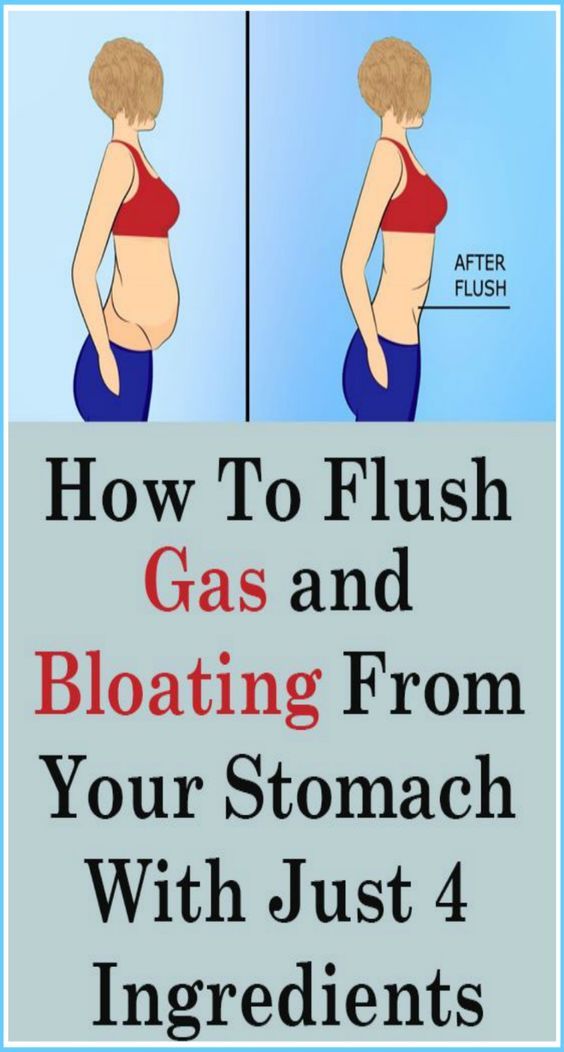 This website is certified by the Health On The Net (HON) foundation, the standard for trustworthy health information.
This website is certified by the Health On The Net (HON) foundation, the standard for trustworthy health information.
This site is protected by reCAPTCHA and the Google Privacy Policy and Terms of Service apply.
This information is for your general information and use only and is not intended to be used as medical advice and should not be used to diagnose, treat, cure or prevent any medical condition, nor should it be used for therapeutic purposes.
The information is not a substitute for independent professional advice and should not be used as an alternative to professional health care. If you have a particular medical problem, please consult a healthcare professional.
Except as permitted under the Copyright Act 1968, this publication or any part of it may not be reproduced, altered, adapted, stored and/or distributed in any form or by any means without the prior written permission of Healthdirect Australia.
Support this browser is being discontinued for Pregnancy, Birth and Baby
Support for this browser is being discontinued for this site
- Internet Explorer 11 and lower
We currently support Microsoft Edge, Chrome, Firefox and Safari.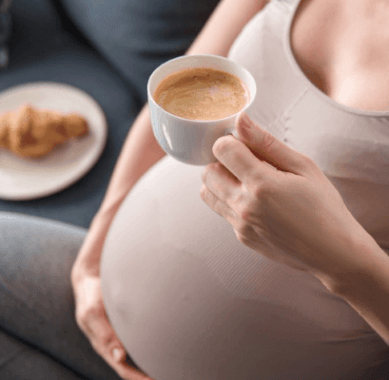 For more information, please visit the links below:
For more information, please visit the links below:
- Chrome by Google
- Firefox by Mozilla
- Microsoft Edge
- Safari by Apple
You are welcome to continue browsing this site with this browser. Some features, tools or interaction may not work correctly.
How to get rid of heartburn during pregnancy
Boltovsky Vladimir Anatolievich
Pediatrician, Nephrologist
Children's clinic "Mother and Child" Samara
If, after some time after eating, the expectant mother has a feeling of warmth or burning behind the sternum, then this is heartburn.
Not all antacids can be used during pregnancy. For example, preparations containing bismuth nitrate ( Vikalin , etc.), should not be taken by expectant mothers due to the fact that the effect of bismuth on the development of the child is unknown.
Heartburn usually appears after the 20th week of pregnancy and torments the expectant mother until the birth of the child.
what she looks like
If, after some time after eating, the expectant mother has a feeling of warmth or burning behind the sternum, then this is heartburn. And most often these unpleasant sensations occur in the evening. Heartburn usually appears after the 20th week of pregnancy and torments the expectant mother until the birth of the child. According to popular belief, she worries the expectant mother when the baby's hair grows. In fact, heartburn occurs due to the fact that the acidic contents of the stomach are thrown into the lower esophagus. This happens because during pregnancy, the muscular sphincter, located between the esophagus and stomach, relaxes under the influence of the hormone progesterone. Another cause of heartburn is an enlarged uterus (and it just increases greatly after the 20th week) presses on neighboring organs: the stomach, intestines. As a result, the volume of the stomach decreases and even the usual amount of food leads to its overflow and the reflux of food back into the esophagus.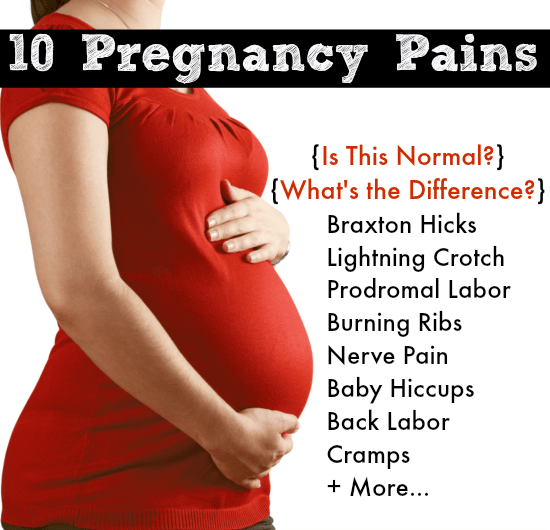
what will help
If heartburn occurs infrequently and does not bother you much, then in order to reduce its symptoms, you just need to eat right and change your lifestyle. The simplest thing that helps with heartburn:
- Fractional meals: eat often 5-6 times a day at intervals of 1.5-2 hours and in small portions. Eat slowly, chewing your food thoroughly.
- Healthy food: Avoid fatty and fried foods and chocolate. All these products provoke additional relaxation of the esophageal sphincter.
- Heartburn usually occurs within the first two hours after eating, so do not lie down immediately after eating.
- Sleep with the head of the bed raised by adding another pillow.
simple remedies
The simplest thing that helps with heartburn is some foods. For example, a burning sensation behind the sternum perfectly removes low-fat milk, just a few sips - and heartburn goes away or is significantly reduced.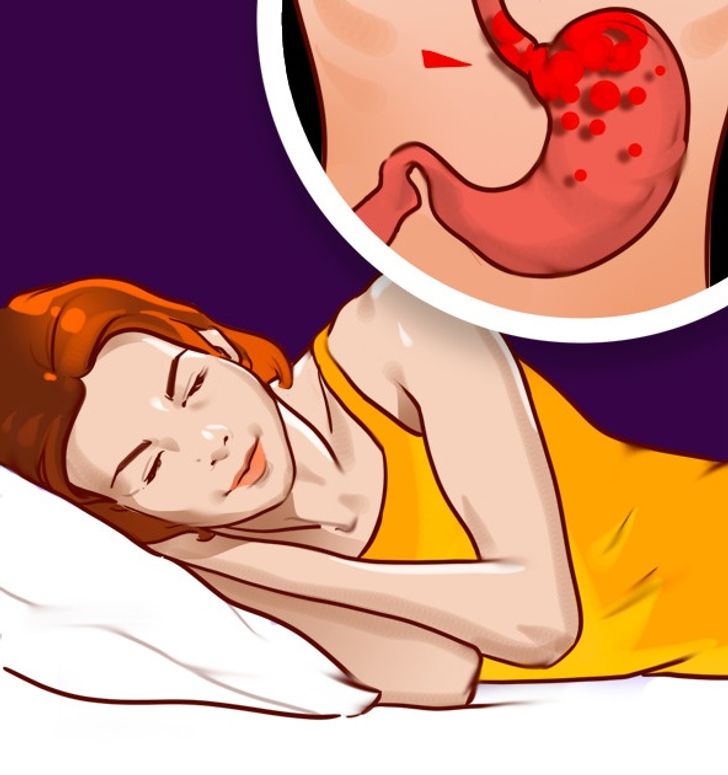 Ice cream works the same way, as well as grapefruit and carrot juices. You can get rid of heartburn by eating nuts (walnuts, hazelnuts, almonds), but they are more likely to prevent heartburn than to eliminate an existing one. And ordinary seeds help someone cope with heartburn. In general, the expectant mother can only choose the right product for herself, but here, as with food in general, one must observe the measure. No need to eat a block of ice cream or a package of seeds every day, drink glasses of juice or endlessly eat nuts. Of course, they will help, but ice cream and nuts are high in fat and calories, and juices in large quantities hit the pancreas and increase sugar levels. A small amount of one of some product will completely cope with an attack of heartburn.
Ice cream works the same way, as well as grapefruit and carrot juices. You can get rid of heartburn by eating nuts (walnuts, hazelnuts, almonds), but they are more likely to prevent heartburn than to eliminate an existing one. And ordinary seeds help someone cope with heartburn. In general, the expectant mother can only choose the right product for herself, but here, as with food in general, one must observe the measure. No need to eat a block of ice cream or a package of seeds every day, drink glasses of juice or endlessly eat nuts. Of course, they will help, but ice cream and nuts are high in fat and calories, and juices in large quantities hit the pancreas and increase sugar levels. A small amount of one of some product will completely cope with an attack of heartburn.
be careful
Some medications, especially antispasmodics (drugs that relieve spasms of the smooth muscles of the internal organs), such as No-shpa , Papaverine , relax the esophageal sphincter and thus contribute to heartburn. Some herbs, such as mint, also work. Tight clothing under the chest (elastic bands, belts), a change in body position (tilts, turns) can also cause heartburn.
Some herbs, such as mint, also work. Tight clothing under the chest (elastic bands, belts), a change in body position (tilts, turns) can also cause heartburn.
In general, every expectant mother can carefully observe herself and identify her personal cause of heartburn, then it will be much easier to deal with it.
old remedy
Baking soda is often used to treat heartburn. It really helps to relieve the unpleasant burning sensation very quickly, but at the same time it does not last long. In addition, when soda interacts with gastric juice, carbon dioxide is formed, which irritates the stomach - as a result, new portions of hydrochloric acid are produced and heartburn resumes. It turns out that a teaspoon of soda in a glass of water instantly relieves heartburn, but in response to taking soda, the next time the heartburn attack will be even stronger.
safe drugs
During pregnancy you can use the so-called antacids (Maalox, Almagel, Rennie, Gaviscon) . They contain salts of magnesium and aluminum, they neutralize the acid of gastric juice, form a protective film on the wall of the stomach, increase the tone of the lower esophageal sphincter. True, sometimes some antacids cause constipation (due to calcium or aluminum salts), and magnesium, on the contrary, has a laxative effect. Therefore, long-term use of these drugs is not worth it. Antacids can absorb other medications, so there should be some time between taking antacids and other medications.
They contain salts of magnesium and aluminum, they neutralize the acid of gastric juice, form a protective film on the wall of the stomach, increase the tone of the lower esophageal sphincter. True, sometimes some antacids cause constipation (due to calcium or aluminum salts), and magnesium, on the contrary, has a laxative effect. Therefore, long-term use of these drugs is not worth it. Antacids can absorb other medications, so there should be some time between taking antacids and other medications.
Despite the fact that heartburn is quite unpleasant for the mother, it does not affect the child in any way. Start the fight against heartburn with proper nutrition, and you may not need medication.
Make an appointment
to the doctor - Boltovsky Vladimir Anatolyevich
Children's Clinic "Mother and Child" Samara
Children's First Aid KitChildren's NephrologyFor ChildrenVaccination CalendarComprehensive examination before kindergartenComprehensive examination before schoolNeprologyPediatricsInformation for childrenUrology
By clicking on the send button, I consent to the processing of personal data
early and late causes
Table of contents:
- Symptoms of heartburn
- Why heartburn occurs during pregnancy /a>
- How to deal with heartburn during pregnancy
- What drugs help with heartburn
Due to changes in the body during pregnancy, heartburn may occur - in the early stages or in third trimester
Symptoms of heartburn
If after eating you start to feel a burning sensation in the sternum, an unpleasant sour taste in your mouth, and heaviness in your stomach, this is heartburn. It can also cause nausea, discomfort in the throat, difficulty swallowing. Similar troubles happen if you sharply bend and unbend or just lie down after dinner.
It can also cause nausea, discomfort in the throat, difficulty swallowing. Similar troubles happen if you sharply bend and unbend or just lie down after dinner.
Why heartburn occurs during pregnancy
Heartburn begins when the acidic contents of the stomach (in medicine it is called reflux) enters the esophagus and its mucous membrane is irritated, in fact, it receives a chemical burn. This happens in healthy people, but it is especially difficult for pregnant women: after all, the high content of the hormone progesterone, which relaxes the muscles of the uterus so that it does not begin to contract and cause premature birth, also affects other smooth muscles, including the sphincter, whose main the task is just to separate the stomach from the esophagus, and on the walls of the stomach, which in a normal situation are supposed to contract intensively, returning the refluxate back to the stomach 1.2 . In addition, the esophagus is already irritated by frequent vomiting caused by early pregnancy toxemia. Yes, and the growth of the uterus affects the surrounding organs, including the stomach and esophagus: gradually it becomes tighter and tighter, it is not for nothing that the symptoms of heartburn begin to appear, as a rule, in the third trimester, when the fetus is fully formed and has grown to about 25 cm.
Yes, and the growth of the uterus affects the surrounding organs, including the stomach and esophagus: gradually it becomes tighter and tighter, it is not for nothing that the symptoms of heartburn begin to appear, as a rule, in the third trimester, when the fetus is fully formed and has grown to about 25 cm.
How to deal with heartburn during pregnancy
There are a few simple first steps.
First of all, the doctor leading the pregnancy will surely be able to recommend the optimal diet - exclude fatty, spicy, sour, and preferably fried foods, as well as foods that are high in fiber (cabbage, radish, radish, peas, beans) , lentils, black bread, bran bread), sugary and highly carbonated drinks, chocolate, coffee and alcohol (if you did not do this at the very beginning of your pregnancy).
Secondly, you need to change your diet: eat a little, but often, 5-6 times a day. Sour-milk products, boiled and baked fish or lean meat, stewed vegetables (preferably in olive oil) and grated, baked fruits, dried fruit compotes are useful for heartburn.